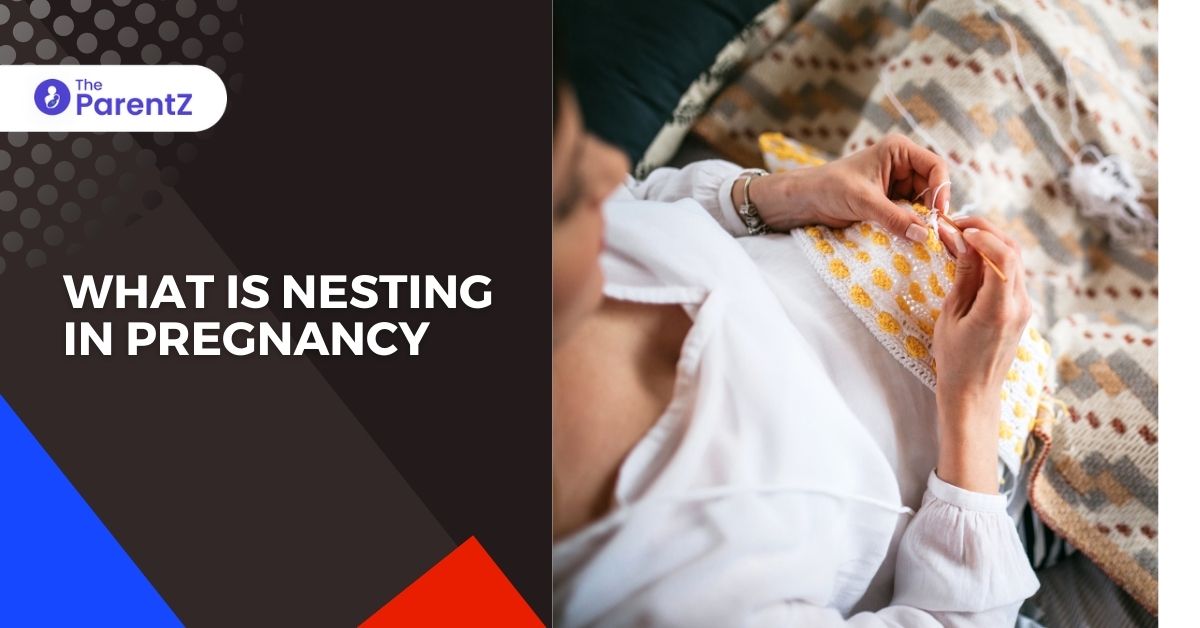Read to understand What is Nesting in Pregnancy? How nesting instinct influences you during pregnancy? What causes nesting in pregnancy? The nesting instinct during pregnancy is strong and compelling. It is a primal and ancient animal instinct that prompts the body to prepare for childbirth. The mother’s instincts to create a home for her imminent new born and keep everything ready are overpowering. It is called nesting as even birds start collecting twigs and other things to make a liveable nest for their chicks before they lay eggs. A similar instinct is there in most mothers especially in the last days of pregnancy. Folk lore says that labour follows nesting.
What causes nesting in pregnancy?
Nesting instinct is very common in pregnancy, although not every woman goes through it. It is akin to spring cleaning. The woman hunkers down to make the home ready for the arrival of the child. There are so many things to arrange for childbirth. It is an instinct that helps mothers prepare for childbirth. The mother often keeps aside clothes and other stuff in preparation. It is believed that as there is an urge that triggers the need to prepare for labour, as the body has a conscious need to arrange everything for the tough days to come.
The increase of the female sex hormone called Oestradiol in the pregnant woman can trigger the nesting process. It is the way of nature that a female prepares for childbirth, and humans exhibit the same pattern.
Nesting instincts while pregnant
Mothers experience a higher level of nesting instinct when the baby is due in summer or spring. It could be a base instinct to clean and arrange the home. The most common time for nesting is from the end of the third trimester, at about 38 weeks. The hormonal frenzy that the last few days of pregnancy entails can push you towards nesting, but the emotional aspect is a major factor too.
You should probably make a list of things you can clean and reorganize without going too far with it. Always ask for help if you feel that it may be a risk. You may want to restock your refrigerator to place items that healthy and tasty. There is a pantry in most houses. It is a good idea to get the things together and organize both. The strong instincts clawing at you will lead you to create a nest like environment to welcome your baby home.
The woman has strong nesting urges during pregnancy and those should be utilized positively. Women experience the urge to nest, and have a spiked metabolic activity that pushes them to do so. It is a good idea to remove clutter at home. Declutter and organize to a huge level. It is good to have a spouse that supports your quirks. Try and use your home to make you comfortable.
This may a chance to freely live for you. Declutter your home. The clutter that goes out may make you focussed on the imminent arrival of the baby. Nesting can be beneficial as it releases stress and makes you calmer. The activity makes you limber up. A fit mother faces an easier delivery.
But, don’t do too much. Work only till you are not exhausted. Many a time you feel carried away and do not care if you are exhausted or sick. But, you may need to pace yourself to get the best results. Enjoy the period!
Do share you Nesting during pregnancy experience using the comments section!









Be the first one to comment on this story.